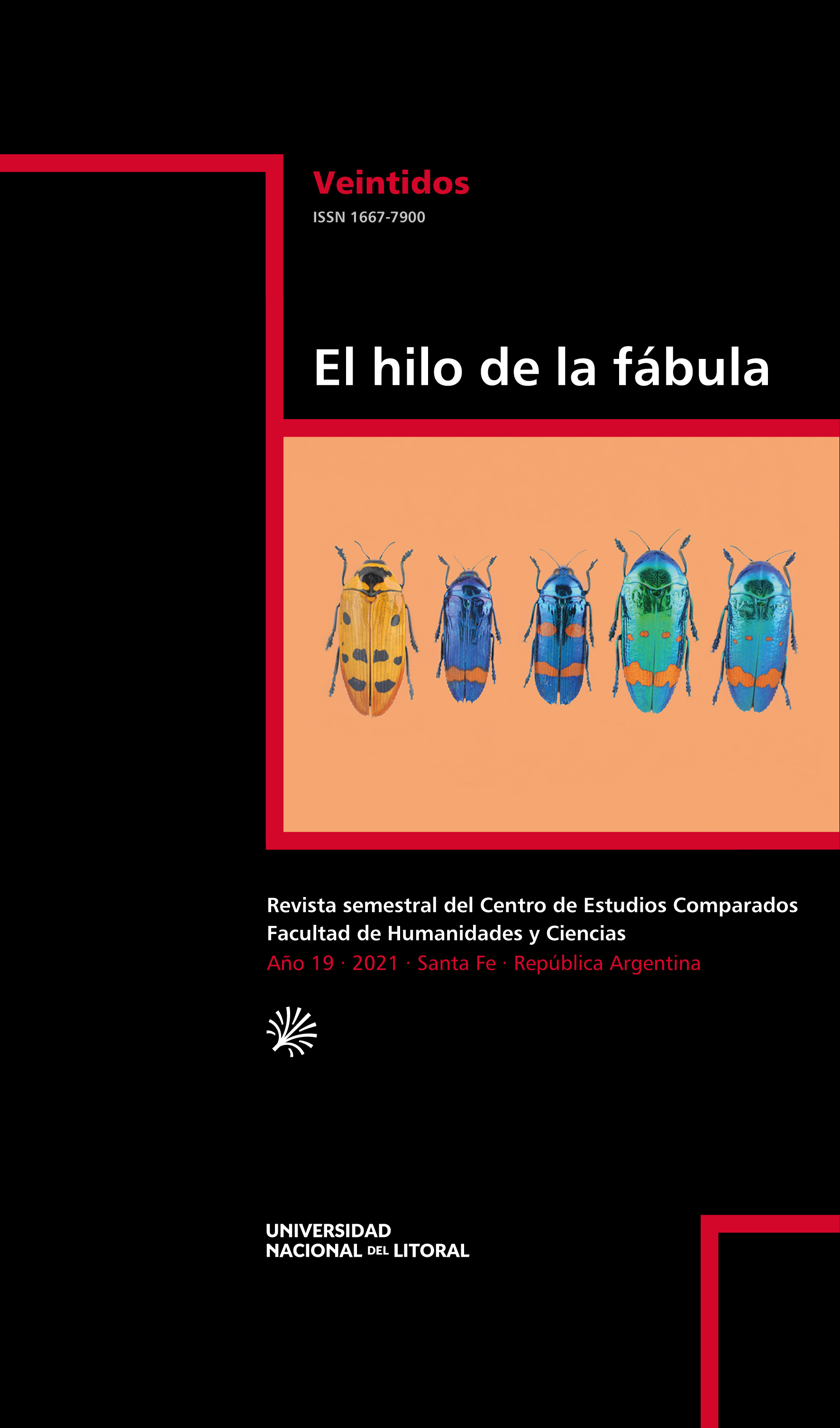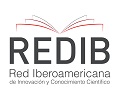Narrar la derrota: el testimonio revolucionario a partir del nuevo milenio
DOI:
https://doi.org/10.14409/hf.19.22.e0008Palabras clave:
Testimonio, Autoficción, Desencantamiento, Memoria, Casa de las AméricasResumen
En el cambio del milenio, las narrativas de éxito características de las primeras décadas de la Revolución cubana –las del hombre nuevo y las historias de vida heroicas– en definitiva habían perdido vigencia y poder de convicción. En cambio, dominaba el desencantamiento y una sensación general de alejamiento de las formas anteriores que ordenaban la realidad, así como una simultánea apertura y búsqueda de nuevas formas de narrar la memoria y la historia. Estas nuevas sensibilidades también se acogen a la hora de repensar, desde Casa de las Américas, las modalidades del género testimonial que la institución cultural cubana institucionalizó con la creación de un premio literario en esta categoría en 1970. En este artículo se analizan dos textos ganadores del premio testimonio de Casa de las América, Mañana es lejos (memorias verdes de los años rabiosos) (2009) de Eduardo Rosenzvaig y Su paso (2011) de Carlos E. Bishoff, con el fin de interrogar las formas de escribir testimonio a partir del 2000.
















